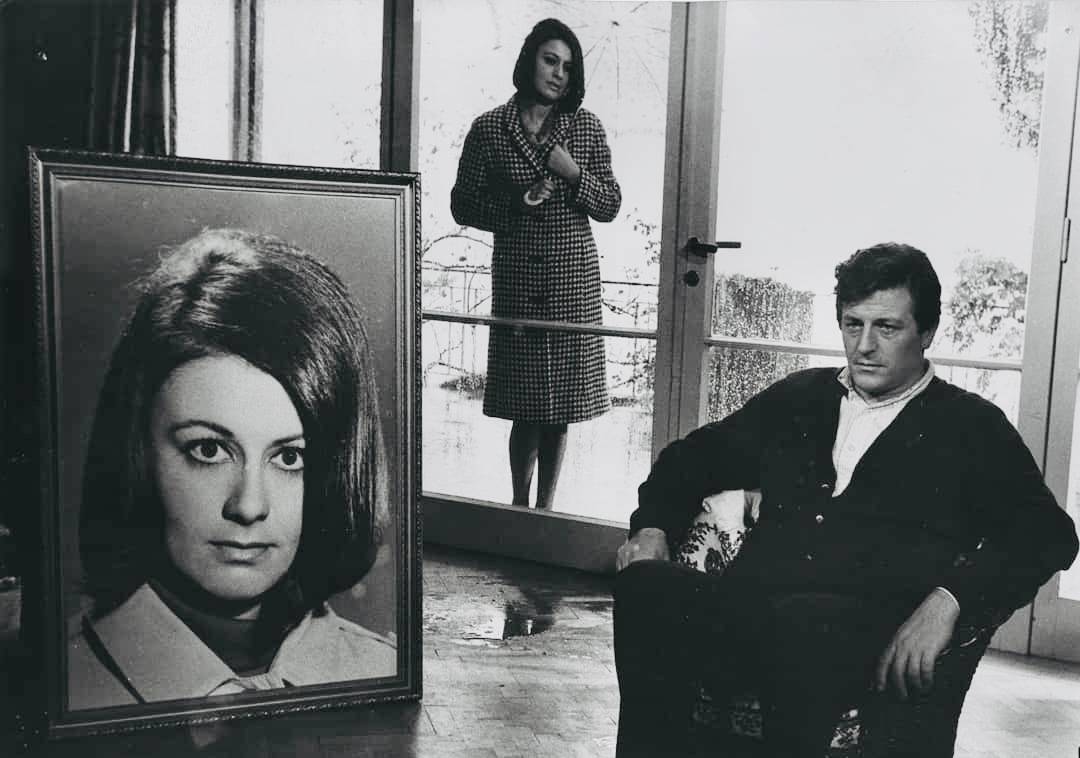Time to Love is a classic melodramatic romance musical diving into the lives of two passive, star-crossed lovers, writes Srivathsan Nadadhur
Turkish directorial genius Metin Erksan’s filmmaking oeuvre is a rich tapestry of personalised storytelling, minimal dialogue, rich imagery, where he struck a delicate balance between market needs and uncompromising creative expression. His filmmaking style was richly influenced by experiences in his younger years; he studied art history followed by an eventful stint as a film critic.
One of Erksan’s career-defining films, Time to Love, the 1965 release inspired by the Sufi tales, had no takers commercially but was widely celebrated later. The film was recently restored by the streaming platform MUBI, braving a worn-out print that posed a great challenge. The tale is replete with classic melodrama, revolving around two star-crossed lovers belonging to different social classes.

The poetry in the premise translates onto the screen with the same eloquence. Halil, a small-time painter on the Princes’ island of Istanbul, falls in love with the portrait of an owner Meral as he goes about his work. When Meral isn’t around in the house, which is for a major part of the year, he leans on a chair and admires the radiance in her image, only to be caught one day.
Meral, the daughter of an influential businessman, is surprised to know that Halil loves her image more than her bodily presence. For a lowly labourer, the image warms him, it’s a sign of permanence. While Meral may hurt him eventually, the image won’t and Halil abstains from entering into a relationship with her. The woman says ‘I’m all yours’ but the inexpressive man remains reluctant.
As a parting gift, Meral leaves the portrait at Halil’s house. The self-imposed abstinence helps the couple realise their love for one another, they keep staring into the abyss through their windows, hoping against hope to unite. Even when her long-time rich boyfriend Basar is around, Meral is moved by Halil’s unblemished love.

Newer obstacles keep thwarting Meral and Halil’s unlikely relationship and the film consistently hints that they’re poles never destined to meet. While Meral’s dominant partner Basar exerts his influence physically on Halil, her diplomatic father Adnan convinces him to not marry Meral with his sweet talk. Time to Love is about two lost souls hopelessly in love, lacking the courage to go anywhere beyond.
Halil is aware that he’s aiming too high to unite with Meral and resists her advances on purpose. When he eventually overcomes his inhibitions, destiny takes its course. The film, which offers a touristy view of Turkey, is set in the monsoons, enveloped by islands and an undisclosed loneliness of its pivotal characters. Johann Sebastian Bach’s music conveys what their silences don’t.
Going by its poor boy-meets-rich girl premise, it’s tempting to classify it as a Shakespearean romance, but what distinguishes the tale from its obviousness is its passivity and spellbinding visual imagery. In the climactic sequence, where Meral appears like a lifeless doll amidst her marriage festivities, a lonely Halil steals a mannequin donning bridal wear from a shop to lend him solace.

The absence of any agency in Meral’s characterisation doesn’t particularly age well in 2024, nearly sixty years after the film’s theatrical release. Although she is consistently drawn to Halil, her life is controlled by the men – the father, who claims their union wouldn’t be practical and the dominant partner, who’s insecure about Halil’s presence.
Basar is the annoying third wheel in their relationship, but Erksan ultimately humanises him in the final sequence, where he is guilty about his choices. Meral finally dumps the mannequin and her portrait into the waters, presuming Halil would no longer need it (presuming they would be together henceforth). She’s true about her assessment despite the film culminating as a tragedy.
Time to Love is a film where time stands still and minimalism reigns. It’s hard not to be overawed merely by the romantic monochrome frames that take you through desolate walks in the wet streets of Istanbul, the snowy, lonely winters, the astonishingly slow boat rides, the reflective stares and innumerable close-up shots of the lead characters.
Müsfik Kenter’s detached approach in playing a lost soul is in stark contrast to Sema Özcan’s expressive portrayal of a woman who has little control over her love life. At just over 90 minutes, Time to Love is a meditative, sensual experience that provides a necessary escape from modern-day pessimism.
(Time to Love is streaming on MUBI and Amazon Prime Video)













